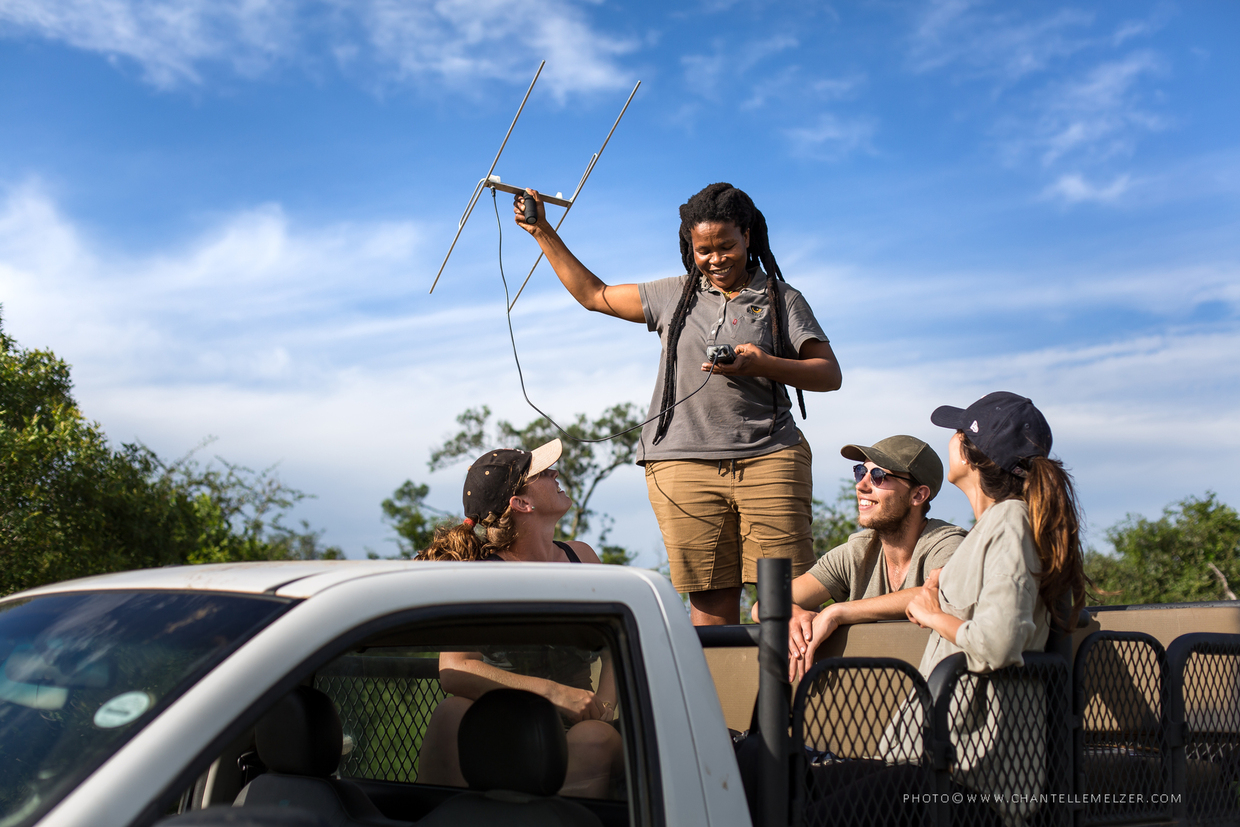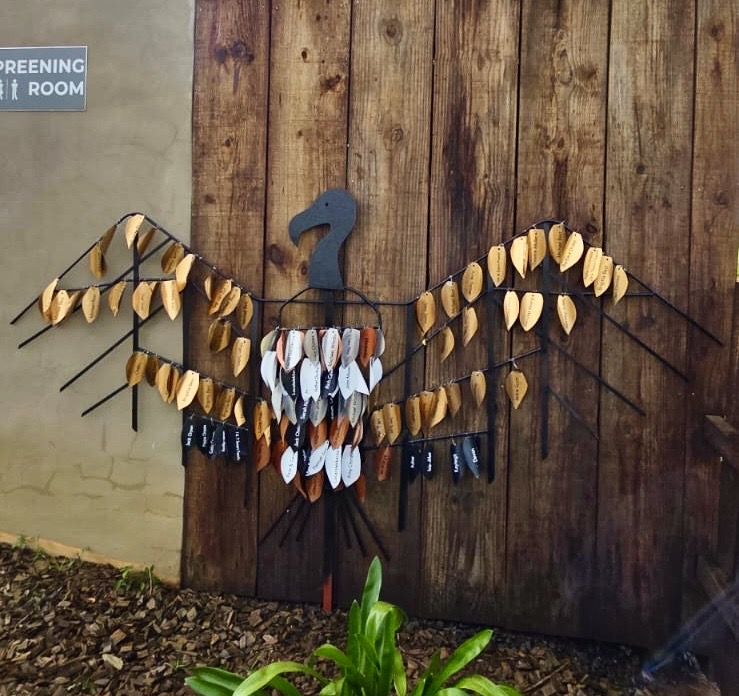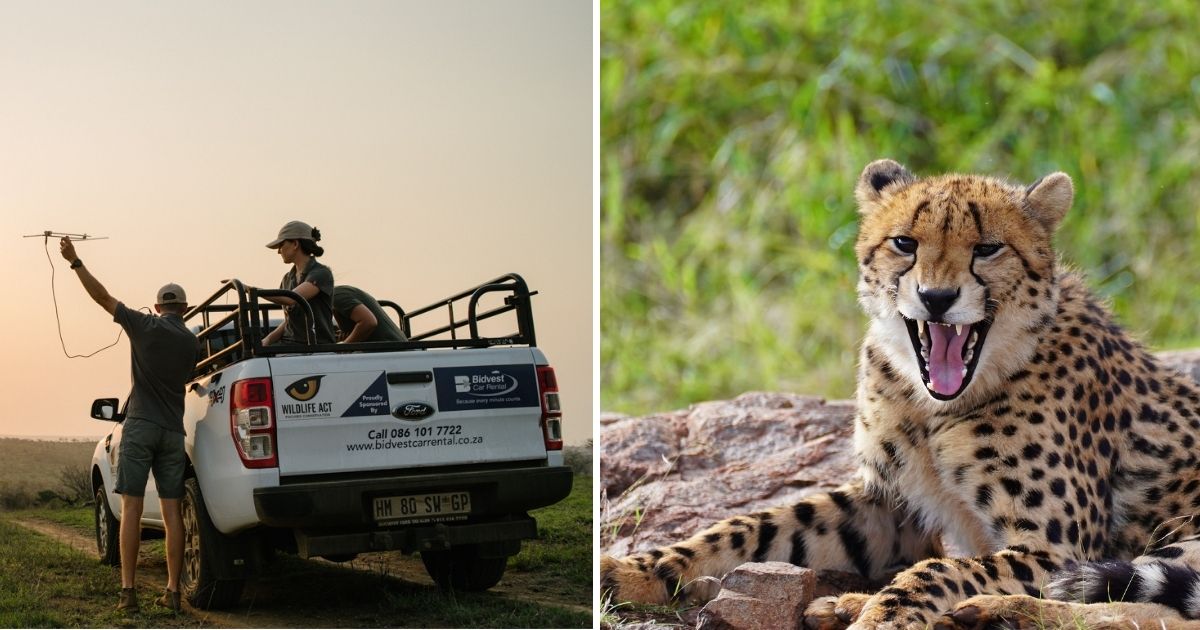
WHAT IS THE STATUS OF OUR LIONS?
The Lion population in Africa has been reduced by half since the early 1950's with fewer than 22 000 remaining in all of Africa today. Lions have vanished from over 90% of their historic range with the biggest decline occurring in the last 2 decades. They are now extinct in 26 African countries. Currently listed as “Vulnerable” on the International Union for the Conservation of Nature (IUCN) Red List of Threatened Species, Lion populations continue to plummet across Africa. In some parts of the continent, this species are now classified as “Critically Endangered”.

WHAT IS CAUSING LION POPULATIONS TO DECLINE?
Habitat loss and land fragmentation, unsustainable trophy hunting, illegal trade in bushmeat and tiger bones, and conflict with local people due to real or perceived threats that Lions pose to livestock, are some of the major threats that remaining Lion populations face. In recent times, captive breeding and “canned hunting” has become one of the biggest threats facing this species. Approximately 1000 captive-bred, hand-reared Lions are killed in South Africa annually – fueling a multi-million dollar international industry. It is estimated that there are currently between 6000 and 8000 predators still in captivity – mostly living in appalling conditions.

Poster designed by Laura Ringemann Springer for the Global March For Lions campaign.
WHAT IS BEING DONE ABOUT IT?
Although the wild Lion population of Africa is in rapid decline, it is important to understand that the captive breeding of Lion plays no role in the conservation of this species whatsoever, and this is scientific fact. There has not been a single case of a hand-reared Lion having survived long-term after release into the wild. The cruel reality is that majority of captive-bred Lion are killed. Please see “What You Need to Know About Volunteering with Lions” for more info.Blood Lions™ – a feature documentary that exposes the captive Lion breeding and canned hunting industry in South Africa, has had great success with evoking an engaged and effective response from the global community regarding the practice of breeding Lions, as well as the mismanagement of wild Lions. Wildlife ACT has been campaigning alongside organizations such as Blood Lions, Wildlands and Fair Trade Tourism to put a stop to canned Lion hunting. Integral to this, is the Born to Live Wild Pledge which has been endorsed by some of the most influential tourism industry leaders worldwide.

HOW CAN I SUPPORT WORLD LION DAY?
- Join and share the Born to Live Wild Pledge.
- Support conservation organizations that are contributing to genuine, ethical and sustainable Lion conservation work that is happening on the ground - in the wild; or make a donation to keep this work going.
- Do NOT support Lion breeding facilities that allow cub-petting or Lion walks. Look for accredited organizations that work with Lions that adhere to strict criteria, such as those specified by Fair Trade Tourism
- Follow and support the groups that are creating awareness around the current status of our Lions. Watch the Blood Lions film. Support World Lion Day.

LION CONSERVATION PROJECT AT HIP
Of the many Lion conservation projects that Wildlife ACT supports, the one at Hluhluwe-iMfolozi Park (HiP) in KwaZulu-Natal, South Africa, is of particular importance. Here resides one of the most important Lion populations in the country (an estimated 180 individuals). Over time this population became inbred - highlighting the need to reintroduce new Lions to the Park in an attempt to increase the genetic diversity.To achieve this, the HiP management team introduced two new male coalitions into the park in 2016/2017. One coalition was introduced to the center of iMfolozi, with the other introduced to the north of Hluhluwe. To achieve the greatest genetic diversity, new Lions should ideally come from completely unrelated genetic stock to what’s already in a Park. Four Lions of Kalahari stock were identified by the management team as first choice.Lion capture and reintroduction is unfortunately an expensive conservation step towards ultimately strengthening and growing Africa’s Lion population. If you would like to support this Lion conservation project, please consider making a donation to ensure that future Lion relocations are a success.




.jpg)


.jpg)




